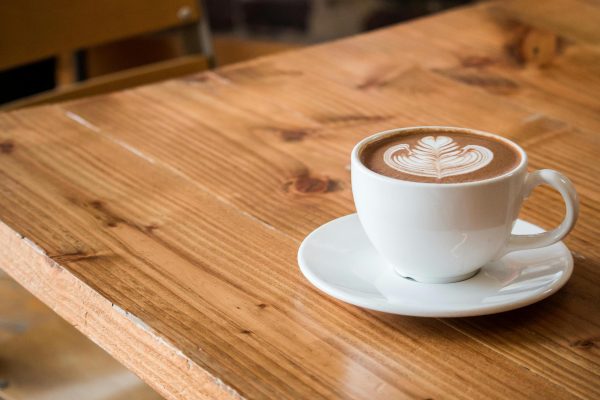Identifying the importance of ‘coming out’
“The first step and the hardest step, I reckon, is ‘coming out’ to yourself and realizing who you are and dealing with your identity,” said Troye Sivan, Australian singer/songwriter, who came out on YouTube when he was eighteen years old.
Growing up as an LGBTQIA+ individual can pose struggles to your life especially when you aren’t able to connect with the people who surround you.
This year marks the thirty-second annual ‘National Coming Out Day,’ inaugurated by Robert Eichberg in 1988. Although not necessarily a one-time event, ‘coming out’ is a process where individuals feel comfortable to open up about their sexual identities.
The idea of ‘coming out,’ or ‘coming out of the closet,’ has been emphasized as the most basic form of activism, to liberate lesbian, gay, bi-sexual, and transexual individuals, and dismantle homophobic or oppressive views.
I decided to come out when I was eighteen. I had begun to feel like I was being dishonest with the people around me. Behind closed doors I had become my true self and felt like it was time to share that person with the world.
Similar to many LGBTQIA+ youth it became an anxiety-stricken process. Identifying as a black homosexual man came with a feeling of disapproval. Not only are my family’s roots built within the Catholic church, but with, also came a new sense of inferiority within the black community.
I started experiencing an overwhelming sense of disconnect imposed by the people in my life. Not only did my family find difficulties in accepting my identity due to their beliefs, but I began seeing less of my friends and feeling more alone.
For many years I’ve despised the process of coming out. I’ve seen it as a way to silence or confine LGBTQIA+ individuals. I started believing that the process wasn’t dedicated to healing and just a revelation that posed a threat to our mental stability.
Until I realized that the anxiety, the pain, and feelings of disconnect are what in fact makes the coming out process so vital to our personal journey and the overall acceptance of the LGBTQIA+ community.
RuPaul Andre Charles, an African American drag queen, and producer of RuPaul’s Drag Race once said it’s hard to live on this planet, but we all have to.
“I’ve been discriminated by white people because I was black, by black people because I was gay, and by gays because I was too feminine,” said Charles.
It was then I started to see I wasn’t ashamed of the person I was, because that’s the only person I’d ever known. I wasn’t upset with the world. I was upset with me, for allowing myself to be silenced as I witnessed a shift in how I was being treated based on my new revelations.
I couldn’t withstand the fact that people who claimed to love and respect me– people who called me things like a friend, cousin, coworker, classmate, had become weary of me. It was then I found the power in self-acceptance.
Although coming out isn’t a uniform process and should only be done when the individual feels the time is right, it is a process that unifies the LGBTQIA+ community and facilitates the progression of acceptance throughout the world.
The Human Rights Campaign says half of all Americans can identify someone close to them as gay or lesbian, and ten percent can identify someone who is transgender.
This is the sole reason for how important it is for us to share our stories. I used to think I’d never have friends, I’d struggle finding employment, and I’d never be capable of love. I wonder how many LGBTQIA+ youth too, feel silenced, standing in that same spot today.
As we observe National Coming Out Day, take a moment, share your story, or make yourself available to listen to someone else’s.
We endure this process and make ourselves susceptible to the pain that comes with revealing our true identities to impower someone else– with the hope that one day we can all live open, proud, free, and without fear.
Your donation will support the student journalists of Missouri Southern State University. Your contribution will allow us to purchase equipment and cover our annual website hosting costs.


















